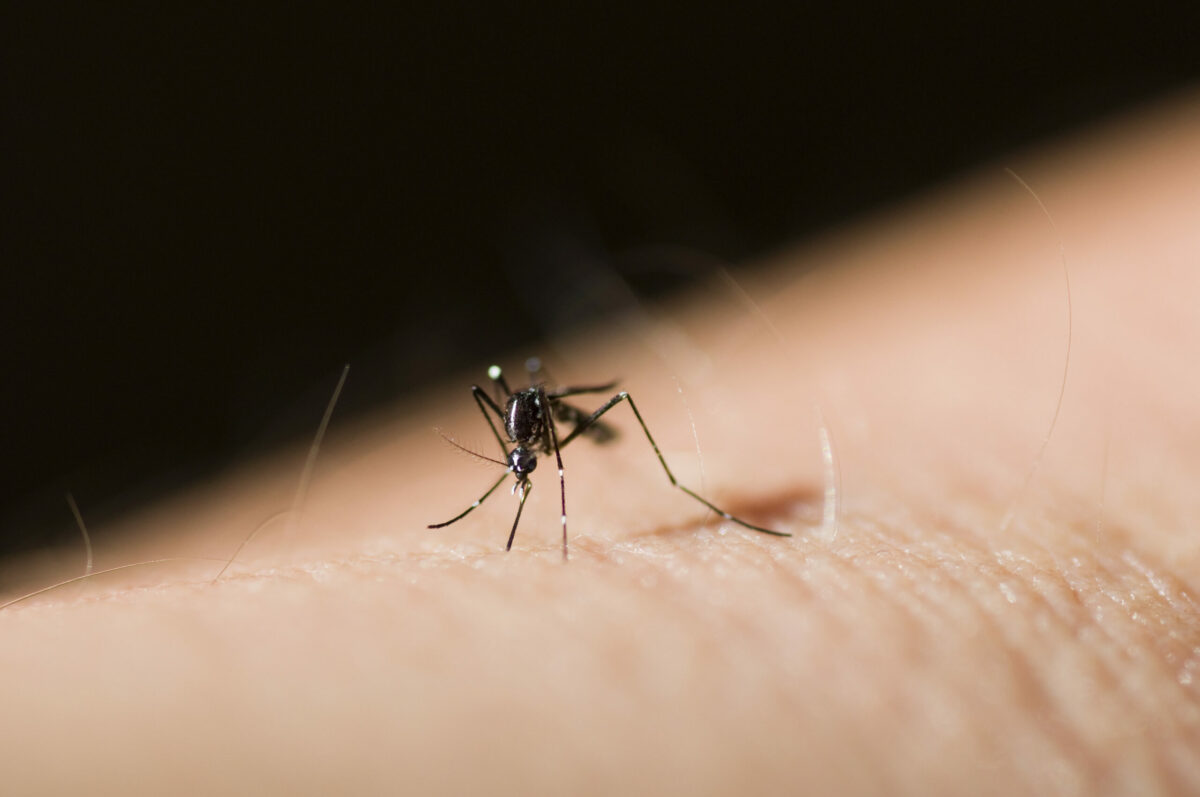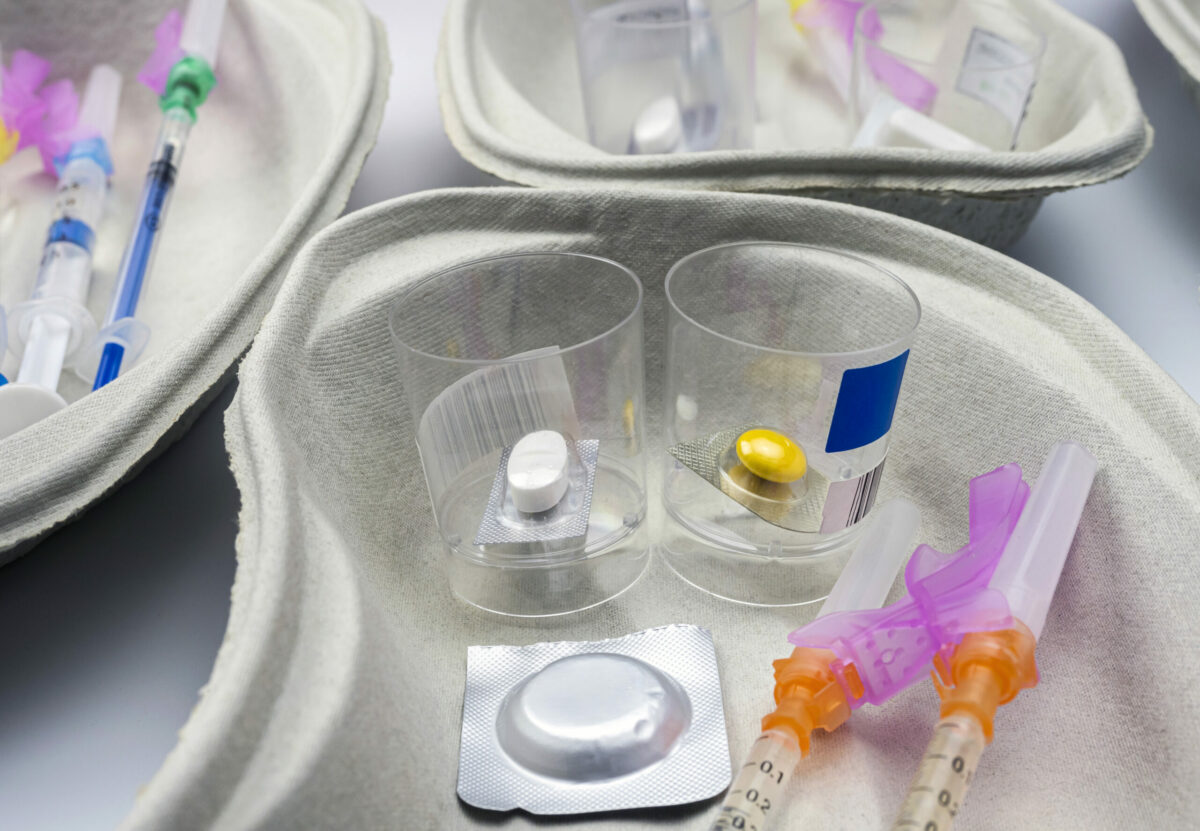A mosquito-borne condition that usually happens in tropical and subtropical regions of the world is called dengue fever. People with this mild form of this condition usually experience a high fever and flu-like symptoms (such as nausea, vomiting, headaches, and others). If you experience a severe form of dengue fever, you may experience life-threatening symptoms (such as bleeding and a sudden drop in blood pressure) and even death. In such cases, the condition is called dengue hemorrhagic fever.
There are millions of dengue fever cases worldwide every year but mostly happen in Southeast Asia, the western Pacific islands, Latin America, and Africa. However, the condition has spread to other regions including Europe and southern U.S. parts.
Nowadays, healthcare providers are working on a vaccine for dengue fever and the only way to prevent this condition is to avoid being bitten by mosquitoes. That’s why in some world parts people take measures to decrease the mosquito population.
Symptoms
There are many people that do not experience any symptoms of dengue infection. However, when they occur, in most cases are mistaken for other health conditions (such as the flu). Commonly, the dengue infection symptoms appear within 10 days after an infected mosquito has bitten you.
While the primary symptom of this infection is high fever (104 F or 40 C degrees), it may cause other symptoms too. For example:
Roughly all people with dengue infection recover completely within a few weeks but sometimes, the symptoms may worsen and become life-threatening (usually called severe dengue, dengue hemorrhagic fever, or dengue shock syndrome).
In severe cases of the infection, damage to the blood vessels occurs and the amount of platelets in your bloodstream is reduced. Thus, it may lead to shock, internal bleeding, organ failure, and even death. Furthermore, symptoms of a severe form of the infection usually appear quickly. Check below some symptoms of dengue hemorrhagic fever:
- Severe stomach pain
- Persistent vomiting
- Blood in the urine
- Breathing problems
- Extreme tiredness (fatigue)
- Restlessness or irritability
- Bruising caused by bleeding under the skin
It is advised to go to the nearest emergency room or call 911 if you experience a severe form of this infection, especially if you recently traveled to a region where dengue fever is common.
Causes
This infection is caused by one of 4 types of dengue viruses. People usually get the virus from mosquito bites. However, the virus cannot spread from one person to another.
The most common mosquito types that usually spread the virus are common in and around human lodgings. Commonly, the virus enters the mosquito when it bites an infected person. Thereafter, these infected mosquitoes bite healthy people infecting them with the virus.
While people who have recovered from the dengue virus have strong long-term immunity against this type of virus, they are not immune against the other three types. It means you can get infected again but with other virus types. Furthermore, the risk of dengue hemorrhagic fever increases if you get infected multiple times.
Risk Factors
The risk of developing dengue fever increases significantly if you live or travel in regions where the infection is common. Check below some factors that may increase your risk of developing this infection:
- Tropical and subtropical areas – People who live or travel to these areas are at increased risk of exposure to the virus. The high-risk regions include the western Pacific islands, Southeast Asia, Africa, and Latin America.
- Previous dengue infection – People who developed this infection in the past are at increased risk of experiencing severe symptoms if the infection occurs again.
Complications
People with a severe form of dengue fever may experience some complications. These include internal bleeding, organ damage, sudden drop in blood pressure that often causes shock, and even death (sometimes). Furthermore, if a pregnant woman becomes infected with dengue virus, it may spread to the baby during delivery. Therefore, an increased risk of pre-term birth, low birth weight, or fetal distress have babies infected with this virus.
How to Prevent Dengue Fever?
There are vaccines available for people between 6 and 60 years old. This vaccine is usually given in 2 or 3 doses depending on the type of vaccine. These vaccines are used in people who live in areas with a higher risk of dengue infection or who have had once the infection.
However, these vaccines are not available in the U.S. but in 2019 the FDA approved a vaccine called Dengvaxia for people between 9 and 16 years old.
Tips to Prevent Mosquito Bites
According to the World Health Organization (WHO), this vaccine alone is not so effective, and preventing mosquito bites and controlling their population remain the primary options to reduce the infection spreading. Check below some tips that may help prevent mosquito bites if you live or travel in regions where dengue fever is common:
- It is advised to stay in well-screened or air-conditioned housing. These mosquitoes are more active from dawn to dusk but they can bite at night as well.
- Wear protective clothes including a long-sleeved shirt, long pants, socks, and shoes.
- You also should apply Permethrin to the shoes, camping gear, and bed netting.
- Decrease mosquito habitat by eliminating locations where they lay their eggs. For example, containers that hold standing water and others.
Diagnosis
Sometimes, diagnosing dengue fever may be difficult because it causes symptoms very similar to other health problems including chikungunya, Zika virus, malaria, typhoid fever, and others.
During the examination, physicians may ask questions about your symptoms, travel, and medical history. However, they usually get a blood sample and send it to the laboratory to check for dengue viruses.
Treatment
Unfortunately, there are no specific treatments for this infection but you should drink plenty of water while recovering from the condition. Immediately contact your healthcare professional if you experience dehydration symptoms. For example:
- Lack of tears
- Reduced urination
- Dry lips or mouth
- Cold extremities
- Lethargy or confusion
Sometimes, physicians may recommend some over-the-counter (OTC) medicines (such as Acetaminophen) to reduce pain and fever. However, never administer OTC pain relievers such as Aspirin, Ibuprofen, and Naproxen sodium because these medicines can elevate your risk of developing dengue fever bleeding complications. Check below some treatment options used in people with a severe form of dengue fever:
- Supportive care is usually given in the hospital
- Intravenous fluids and electrolyte replacement
- Blood pressure monitoring
- Transfusions that help replace blood loss
Frequently Asked Questions
How long does dengue last?
Commonly, people recover without treatment within 1-2 weeks. The most common symptoms of this infection include high fever and headaches. For more details, discuss it with your healthcare professional.
What is the case of the dengue fever?
This infection is caused by a virus that is carried by tropical mosquitoes. Moreover, there are four types of the virus that may cause this condition.
What are the most common dengue fever symptoms?
These include:
- Abdominal tenderness or pain
- Persistent vomiting
- Mucosal bleed
- Lethargy
- Restlessness
- Irritability
- Liver enlargement
- Fast decrease in platelet count
If any of the previous symptoms occur, you should drink plenty of water to prevent dehydration and contact your healthcare professional. If you have any other questions, ask your healthcare provider.




